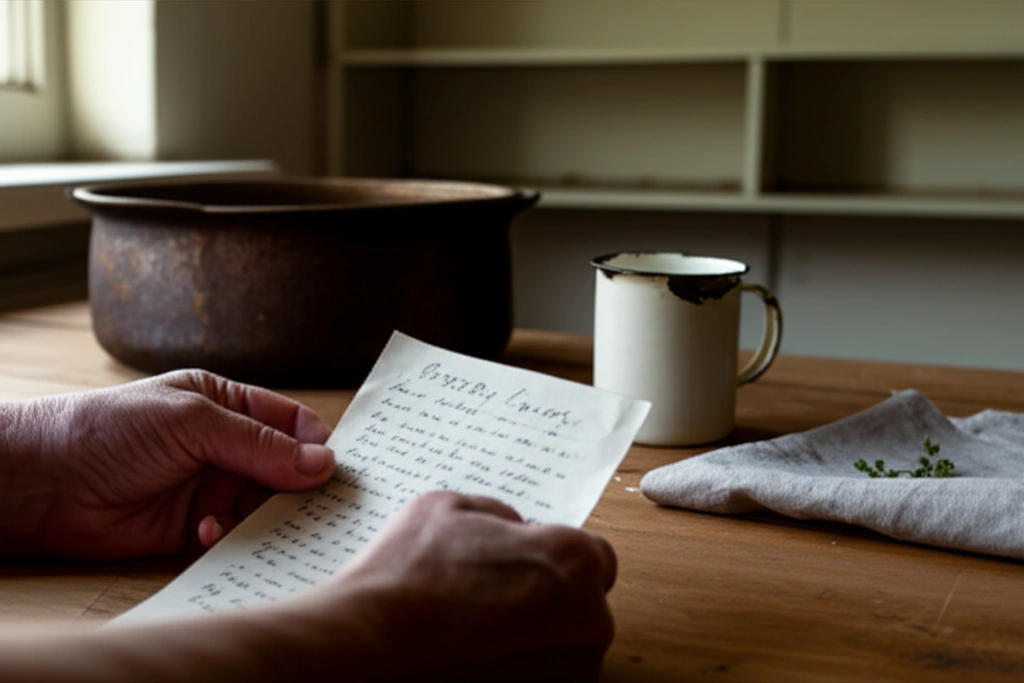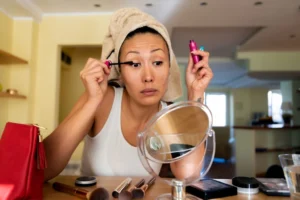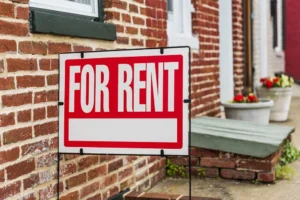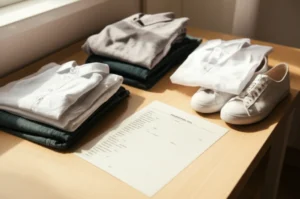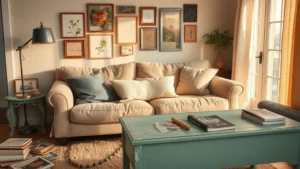Let’s skip the sugar-coating, yeah? The truth is, living a simple life—or embracing minimalism—can look dreamy on your Instagram feed, but the behind-the-scenes can get messy. You might be asking, “Should I be a minimalist?” or thinking, “Is minimalism worth it?” On paper, it sounds like the answer to world chaos: clean spaces, less stress, mindfulness, and Marie Kondo-level peace. But, friend, before you toss everything you own and prepare for a life of Zen, let’s talk real about the disadvantages of simple life.
You deserve the real answer. So here’s the nitty-gritty—right up front. Living simply can shake up your social world, push your patience, and flare up a surprising amount of doubt or even loneliness. For some, the very “freedom” that minimalism promises ends up feeling a little too… empty. Let’s walk through the reasons why.
Simple Life? What Does That Even Mean?
First, a little clarity. People toss around terms like “simple life,” “minimalism,” and even “maximalism” like they’re all flavors of the same ice cream. But they’re not.
- Simple life: Focusing on what matters, intentionally reducing distractions—physical, mental, financial—without going full monk-mode.
- Minimalism: Being extra choosy about what you allow into your life—stuff, commitments, even digital clutter. For some, that means only “the essentials.”
- Maximalism: Hey, more is more! Vibrant, expressive, collecting, not curating.
What Could Go Wrong? — The Real-Life Downsides
When Less Isn’t Actually More
You know that old saying, “You don’t know what you’ve got till it’s gone”? Well, simplicity, for all its supposed freedom, sometimes cuts a little too deep. Maybe you downsize your wardrobe for minimalist thrills, only to realize you now do laundry twice as often—and don’t have a nice shirt for that emergency meeting. Or you get rid of your backup “stuff,” then wish you hadn’t when an unexpected guest shows up.
Here’s a common one: living simply can make you less flexible in emergencies. Let’s say you need something that used to be on your “third shelf,” but now you got rid of it in your latest decluttering sprint. Yeah, awkward.
Finances: It’s Not Always Cheaper
It’s tempting to believe that getting rid of things = saving money. And sure, less shopping helps… but sometimes living the “minimalist” way is pricier. You may spend more on high-quality, multi-purpose items, or stress when you’re forced to replace things you tossed too quickly. There’s a hidden cost to replacing essentials over and over—trust me, it adds up fast. According to experiences of real minimalists, figuring out the balance between spending smart and overspending for “quality” is surprisingly tough.
Social Friction & Family Resistance
Here’s where it can get awkward. You might think simple living is your golden ticket to peace, but your family? Your friends? They might not be on board. Suddenly, your minimalist choices are talked about during dinner (“Why does Alex only have three shirts?”), or you’re perceived as weird for not wanting more Christmas gifts. Sometimes, people tease, misunderstand, or think you’re just being trendy (according to this page)—and that’s exhausting, especially when all you wanted was to feel less stressed, not like a social outcast.
Some folks even get mistaken for being “privileged” (the voluntary simplicity debate is a big one). If you’re coming from a place of having too much and choose to downsize, some may see you as tone-deaf to the struggles of people who live with less by necessity (according to critics). Heavy, right?
Minimalism’s Hidden Emotional Toll
Loneliness & Isolation
This one’s a sneaky beast. You clear your social and physical clutter… but now you have heaps of free time and not as many invitations coming your way. If your crowd is busy hustling, or loves shopping, you might find yourself the go-to “favors person”—because apparently, living simply means you must be available, right? (Spoiler: no, it doesn’t!) The result? You might feel used, or simply left out (this story nails it).
Feeling Like You’ll Never Have Enough
Never thought you’d get attached to that old spatula or hoodie, did you? But when you boil down your life to “only the essentials,” you can end up super attached to what’s left. Losing an item suddenly feels like a big deal. (Yes, I did get anxious after misplacing a single reusable water bottle—minimalism can do that to you.) There’s a subtle anxiety that comes when “just enough” feels, well… not quite enough (even long-time minimalists admit).
The Danger of Overthinking ‘Less’
Ironically, some people swap “decision fatigue” from too much stuff to “over-thinking” every new purchase. Suddenly, even buying a new fork is a philosophical debate! Minimalism, at its worst, can be just another perfectionist trap. Where’s the joy in that?
The Social Games — Gift Wars & Group Life
Gift-Giving Gets Weird
Nobody tells you how awkward holidays can get. Imagine graciously accepting a beautifully wrapped gift that you know you don’t want… and the mild panic that follows because you have nowhere to put it. Or trying to explain to family why you’d prefer “no gifts” (which sometimes sounds judgmental, even if you don’t mean it that way). It takes tact, patience, and love to communicate—and it’s a learning curve!
Family and Roommate Dynamics
Going minimalist is a breeze… until your partner, kids, or roommates bring home the tenth set of spatulas. It’s tough to find a balance between your desire for calm and their love of “stuff.” You can make it work—think “zones” or gentle decluttering together—but it’s no walk in the park.
If you want practical tips for handling these situations, you might enjoy reading more about the disadvantages of minimalism; it’s a goldmine of relatable stories.
When Simple Living Makes You Stand Out—And Not Always in a Good Way
Social Perceptions: Trendy, Odd, or Just ‘Not Like Us’
I once showed up to a reunion with carry-on only and a travel capsule wardrobe. Oh, the looks! For some, packing light was inspiring, but others raised an eyebrow. Being different, even in positive ways, can feel uncomfortable. And in some cultures or families, your minimalist ways can be misunderstood—sometimes seen as rude, stingy, or even suspicious. The point? Simple living can come with a side of self-doubt and people-pleasing traps.
Is Minimalism Worth It? The Honest Truth
Let’s not throw the baby out with the bathwater. There are huge minimalist lifestyle benefits: less stress, more time, a cleaner home, more money for what really matters, and actual peace of mind. If you’re drowning in stuff, or craving space—physical and emotional—a season of simplicity can be game-changing.
But remember: simple isn’t always “easy.” You might run into mood swings, social hiccups, or the weird sensation of standing in your echoey living room wondering if you’ve made a mistake. That’s totally normal. After all, it isn’t about deprivation or feeling like a monk in your own home!
Finding the Right Balance—Nobody’s Perfect!
Here’s the secret nobody talks about: you don’t have to go all in. Dip your toes in, experiment, and see how your life feels at each step. Try a “30-day minimalism pilot,” or simply cut one thing each week and notice what changes. Tracking your own happiness, time, and stress (just once a week) can show you what actually matters—far more than any trend or influencer on the internet.
A Quick Look: The Pros and Cons Table
| Pros of Simple Life | Disadvantages of Simple Life |
|---|---|
| Less clutter, more peace Financial breathing room Focus on relationships Environmental good feels Room for creativity and joy | Family or friends might resist Feeling isolated or judged Replacing “essentials” is costly Gift-giving headaches May feel deprived or bored |
How to Survive (and Thrive) if You Choose Simplicity
If you decide you do want to go simpler—or you’re there and second-guessing it—don’t worry, you’re not alone. Here’s what actually helps:
- Keep a little “buffer stash” for emergencies (nobody said you have to own one pair of pants, ever).
- Talk openly to friends and family—sometimes a quick “gifts are lovely but not needed this year” goes further than you think.
- Mix it up: rotate wardrobes seasonally, keep a hobby box, or blend minimalist and maximalist moments.
- And don’t be afraid to break your own rules. This is about what works for you—don’t let dogma ruin a good thing.
If you’re the curious type (or just need a little inspiration), check out both the disadvantages of minimalism and minimalist lifestyle benefits. You’ll find stories and tips from folks who’ve tried all sides—and learned a lot along the way.
Final Thoughts: Your Life, Your Choice
Simple living isn’t a magic fix, but it can open doors to a more peaceful, purpose-driven life… if you walk in with eyes wide open. There will always be trade-offs, whether you’re decluttering for sanity or just to find your car keys. Some days, the disadvantages of simple life—awkward conversations, a pinch of loneliness, or a burnt-out blender because you tossed the backup—will sting. But that’s all part of finding what matters to you.
So, if you’re still asking, “Is minimalism worth it? Should I be a minimalist?”—the answer is different for everyone. Try, tweak, go slow, and never apologize for changing your mind. Because the point isn’t to live with less for its own sake, but to live more fully—with whatever makes your heart a little lighter. What do you think: could a taste of simplicity be your next step?

